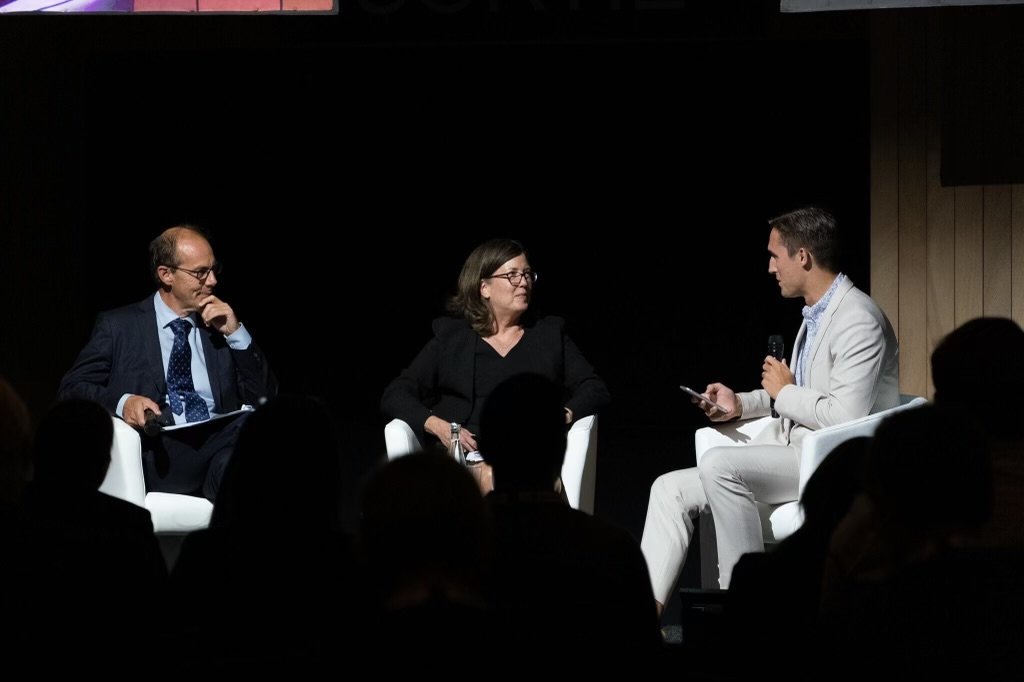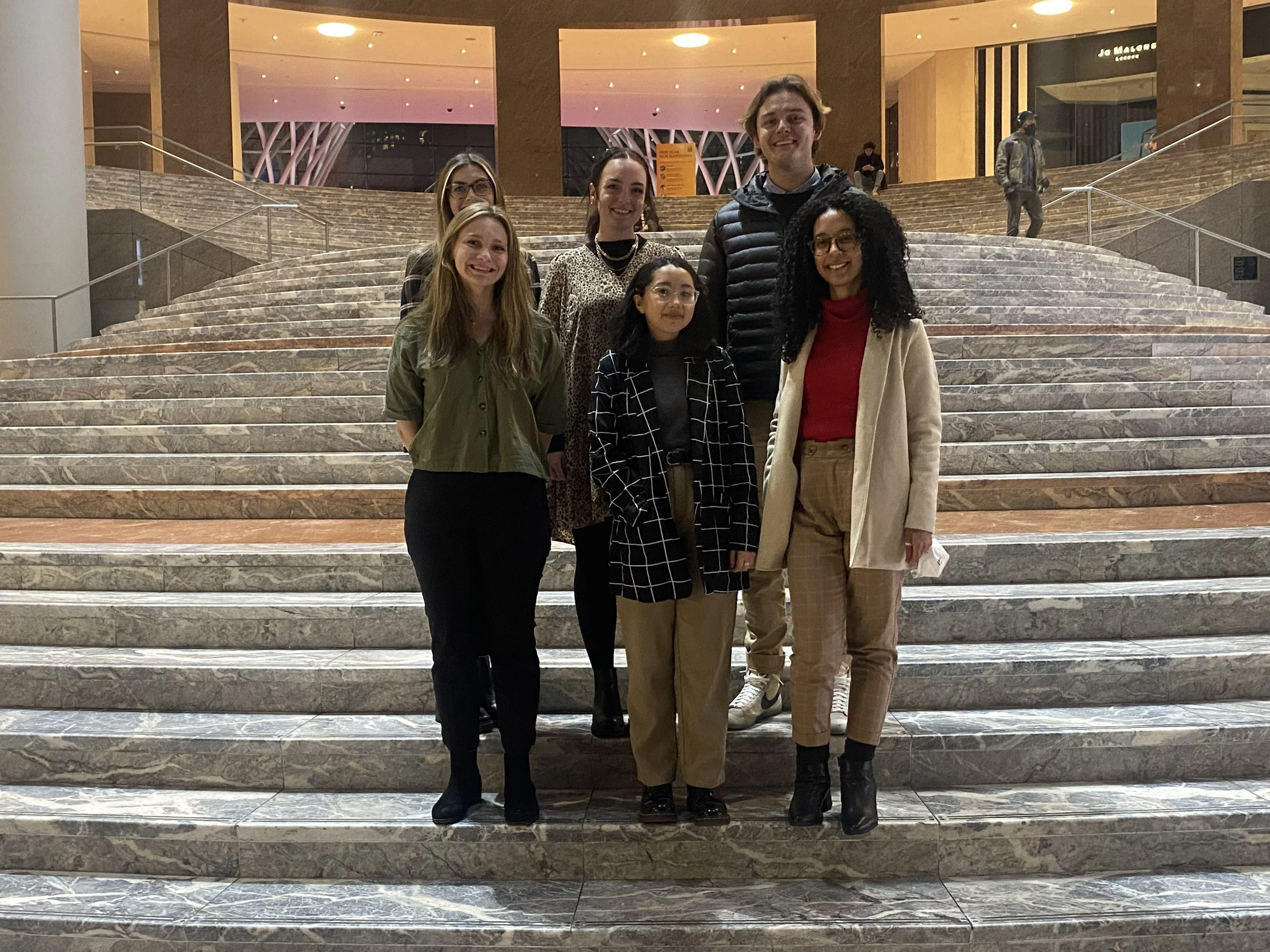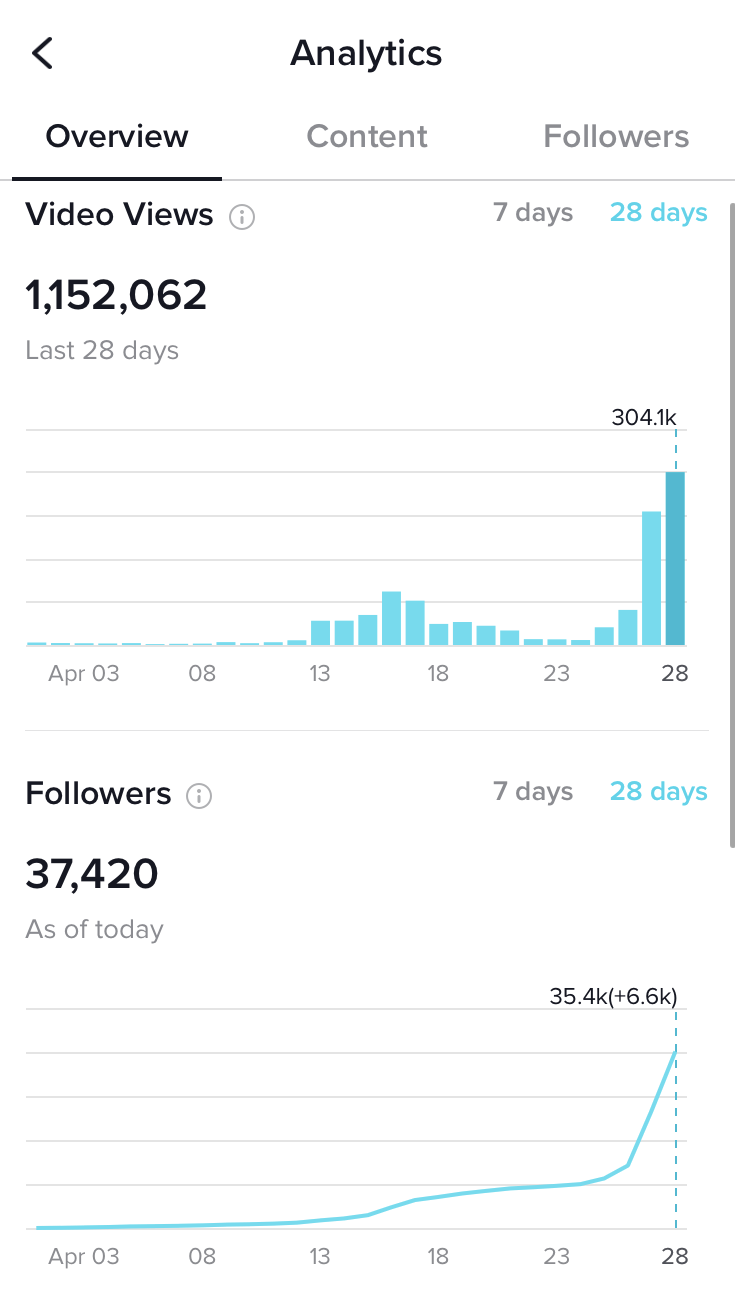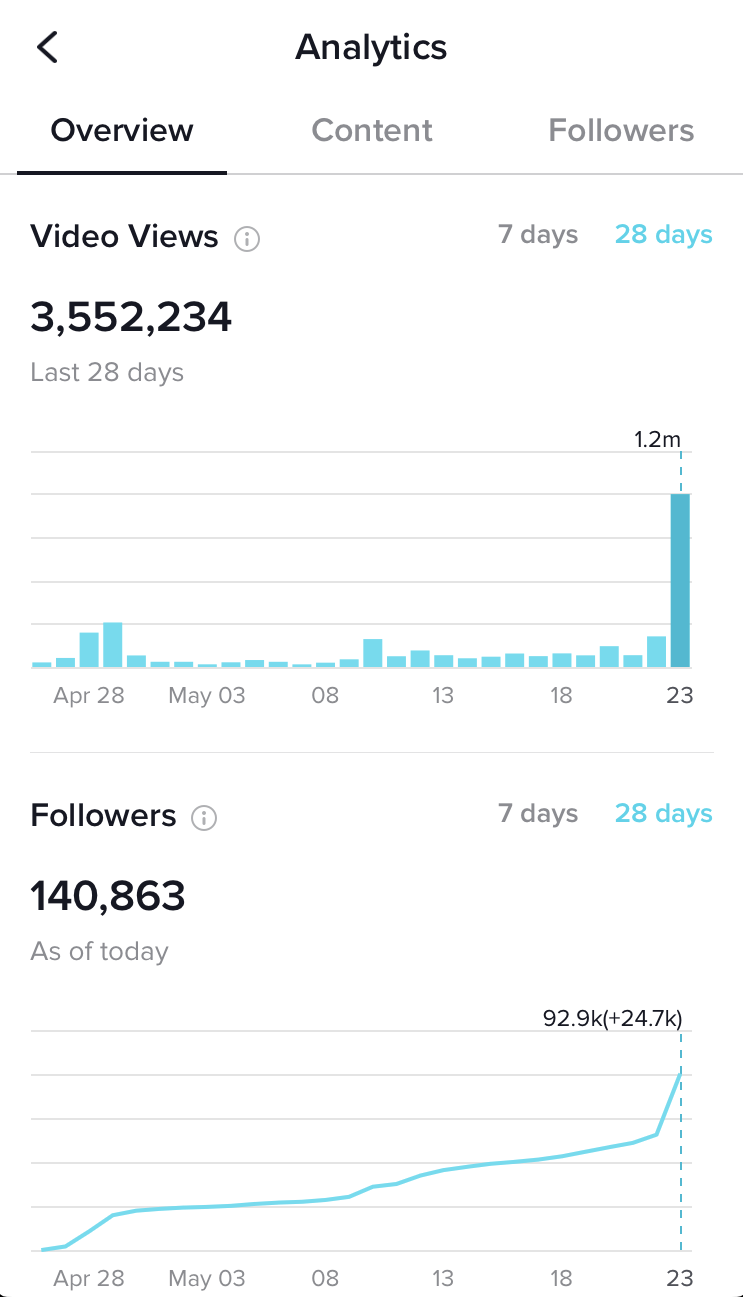On a recent Friday afternoon, Michael Sheetz hopped on a video call as he sat in the backyard of a modest French house.
Calling from France, specifically Chinon in the Loire valley, to New York means he is six hours ahead and is enjoying the early evening with relatives. He had just finished covering a two-week-long space conference in France, and he and his wife decided to visit family there before heading back to the States. Though extremely busy, he made an effort to join the call.
Potted plants and vine branches fill the backyard. Clouds cover the sky, but they don’t cast a feeling of gloom. Sheetz, wearing a simple gray shirt and a silver watch, brushed back his dark brown hair and clinched his scruffy jaw as he proceeded to answer question after question about his life back in America.
As a California kid, Sheetz dreamed of places like New York City, Paris and outer space. Now a space reporter for global business news leader CNBC, his job encapsulates all those things.
Growing up in Orange County, Calif., Sheetz had a normal childhood filled with baseball, surfing the Pacific and debate competitions. At a young age, Sheetz subscribed to The Wall Street Journal and slowly became a news junky. He felt like he never fully appreciated his comfortable lifestyle in California until he moved across the country for college.
Receiving the Founders Award, a full-ride scholarship to The King’s College, Sheetz moved to New York City in the fall of 2013, majoring in Politics, Philosophy and Economics with a minor in Journalism.
“If there is any place I’m going to get exposure to what being a journalist looks like and being around other journalists, that's where I’m gonna have to be,” he said.
While at King’s, Sheetz took a few journalism classes and was encouraged by professors to explore the realm of business journalism.
“Michael is a smart, talented, articulate guy who was an enthusiastic part of the King’s community and journalism program,” a journalism professor at King’s, Paul Glader, said. “He dedicated himself to journalism and business reporting and is seeing great results.”
During college, he took up three different internships at CNBC – working in breaking news for CNBC.com, on the TV assignment desk and the production team on the show “Mad Money with Jim Cramer.” He described working there as drinking from a fire hose of daily information.
Since he lived in the city, Sheetz took a bus to Englewood Cliffs, N.J., to his job at CNBC throughout college.
Along with those internships, he served as editor-in-chief of the school newspaper, the Empire State Tribune, and worked there all four years of college.
After graduating in 2017, Sheetz worked full-time for CNBC.com's markets team. He stayed due to the supportive culture of the company.
As he began to gain more experience in journalism and reporting, he started to pull a few threads that would begin to unravel his future career opportunities.
“Instead of trying to follow along with what everyone else was doing, I wanted to find something that no one was covering, that my editors were interested in, and something that I could really own,” Sheetz said. “I loved the idea that companies are made up of individuals and everyone from the janitor up to the CEO all make decisions that are personal to them through their own knowledge and experiences.”
Sheetz always assumed that he would head back to the west coast to write for a newspaper after putting in his four years of college but realized his new passion would best thrive in the world’s financial capital.
“Being in New York, you’re surrounded by Wall Street and all these big financial institutions. I loved the idea of trying to tell a little bit of the people’s stories behind all that money,” he said.
Still looking for that specific thing Sheetz could call his own, he asked his editor if he could cover SpaceX launches that were happening over the weekend. He quickly realized that this $470 billion industry was not getting enough coverage.
“[There is this] substantial existing industry where new companies created in the last 20 years are changing the game, some of them backed by billionaires like Elon Musk and Jeff Bezos and no one here is writing about it,” Sheetz said.
He continued to pitch space stories to his editors and started covering the beat full-time.
Though space is a broad topic, Sheetz focuses explicitly on the business and investing side.
“It is a growing and changing beat. And today, I can hardly write about everything that is happening; there are so many companies newly public,” Sheetz said.
Now, having over 170,000 followers on Twitter and launching a weekly newsletter, Investing in Space, Sheetz has pulled in an audience interested in space news. Though he has attended a fair share of rocket launches and space conferences, since working on the space beat full-time, Sheetz worked from home during the pandemic before returning to the office this fall.
For him, a typical day of work looks like sifting through hundreds of emails. He might watch a rocket launch webcast or tune into a press conference from NASA while writing articles.
“[Until recently], my entire existence of being a full-time space writer has been from a work-home environment,” Sheetz said.
Since he works as the news cycle requires, he has the flexibility to go back to his California roots.
Sheetz drives to Rockaway Beach in Queens a couple of times weekly to surf. But the news doesn’t stop just for him. At dawn, he packs up his surfing gear and also his laptop. After a couple of hours of catching some Atlantic ocean waves, he’ll head home or to the office – always ready for a call in case news breaks on his way.
The first paycheck he got at CNBC, he used to buy a fish surfboard. He now owns four; two fish surfboards and two shortboards. As the saying goes, you can take the boy out of California, but you can’t take California out of the boy.
“I found a passion for using my free time to disconnect and stay offline and use that as an opportunity to recharge,” he added.
Sheetz and his wife, Joy, also a King’s alumna, have maintained a tight-knit group of college friends they often see on the weekends.
“I have a great community of King’s alum that I’m close with; we have really stuck together in the Brooklyn area since then,” Sheetz said.
“Michael has always shown up. Whether in high school to win national championships or to volunteer at church, he’s done so with excellence and a smile on his face,” Iain Coston, a friend of Sheetz, said. “Seeing him excel and shine at CNBC, lead new initiatives, and get hugs from Shaq is no surprise to me.”
Now that the pandemic has subsided, Sheetz has returned to the office on a hybrid schedule, though he has enjoyed working from home.
Since international travel has loosened restrictions, CNBC deployed Sheetz to cover two exclusive space conferences in the South of France, World Satellite Business Week and the International Astronautical Congress (IAC).
Though Sheetz does not often travel for work, he could not miss the opportunity that two space conferences would be happening in the same city back to back. Sheetz moderated panels, interviewed many attendees and covered both conferences.
But being a beat reporter is not always so glamorous. It's tough. Journalists are always in a competitive environment, wondering who will get the first exclusive or intel on the latest news. You have to be constantly on.
“Overcoming the guilt of missing a story. Getting beat on a scoop or someone else getting an exclusive that I wanted,” Sheetz said. “I’m not omniscient. I can’t control the news; it doesn’t all flow through me. Which is what it feels like it should be.”
Among many of his accomplishments, Sheetz started something at CNBC that no one else had attempted to take on full time.
“[My greatest accomplishment has been] building a beat from scratch. I didn’t invent space reporting, but no one was doing it full-time at CNBC,” Sheetz said. “That has been insanely satisfying. Having something that I built up, all the way to having a personal brand in space, to having CNBC be known for its space reporting.”
This article has been republished courtesy of The Empire State Tribune, the independent student newspaper at The King’s College in New York.
